Philanthropy and Volunteerism: Volunteers
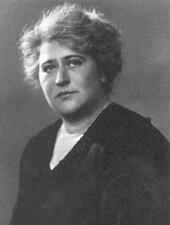
Constance Amberg Sporborg
Constance Amberg Sporborg was a career clubwoman who dedicated her life to the advancement of women’s rights, immigrant settlement, international organizations, and world peace. Working in New York City in the early twentieth century, Sporborg aided both Jews and gentiles.
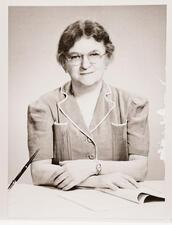
Frances Stern
Frances Stern’s experience as a second-generation American Jew dedicated to social reform and in contact with several prominent women engaged in social work led her to a career in scientific nutrition, applied dietetics, and home economics. Stern founded the Food Clinic of the Boston Dispensary, a center for dispensing practical advice on food and meal preparation for outpatients and their families that also served as a center for research on the relationships among health, nutrition, class, and ethnicity.
Marion Stone
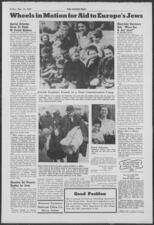
Celia Strakosch
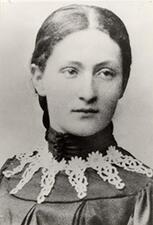
Rahel Straus
Rahel Goitein Straus, a pioneering woman medical doctor trained in Germany, was a model “New Jewish Woman” of the early-20th century. Successfully combining a career as a physician with marriage and motherhood, she committed herself to Jewish and feminist causes and organizations throughout her life, while also embracing Zionist ideals.
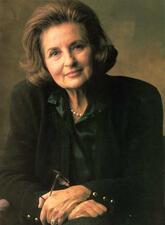
Annette Greenfield Strauss
Hilda Weil Stroock
Hilda Weil Stroock was a sponsor of the first Women’s Conference on Jewish Affairs held in 1938 at the Jewish Theological Seminary of America. This pioneering event reflected her lifelong interest in the welfare of women and children and the condition of the Jewish community.
Elsie K. Sulzberger
Elsie K. Sulzberger had an important public career through her leadership in the National Council of Jewish Women and in the early twentieth-century birth control movement.
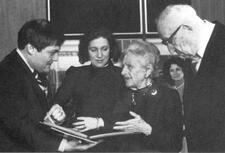
Iphigene Ochs Sulzberger
Rachel Hays Sulzberger
Rachel Hays Sulzberger maintained an active volunteer career in public service, in both Jewish and secular organizations. She is best remembered as the second president of the New York section of the National Council of Jewish Women.
Nettie Sutro-Katzenstein
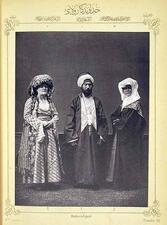
Turkey: Ottoman and Post Ottoman
The Jewish population of Turkey navigated far-reaching changes in the political, social, and geopolitical spheres in the late nineteenth and the early twentieth centuries, as the Ottoman Empire pursued reform and collapsed and the Turkish Republic that took its place imposed a process of “Turkification” on its residents. During this period, Jewish women partook in traditional customs relating to religion, family, and the home, while also accessing new opportunities in the public sphere through education and political engagement.
Union of Jewish Women
Influenced by their American counterparts, Anglo-Jewish women organized a Conference of Jewish Women in 1902, which led to the foundation of a national organization, the Union of Jewish Women. The UJW determined the social service agenda for English Jewish women until World War I.
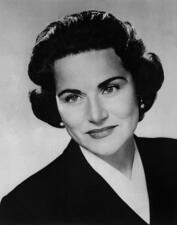
Abigail Van Buren
In 1990 alone, advice columnist “Dear Abby” and her staff received over fifty-five thousand letters from men and women of all ages, classes, nationalities, sexual orientations, and religions. Born Pauline Friedman, Van Buren was best known for the witty, commonsense advice she gave hundreds of millions of readers.
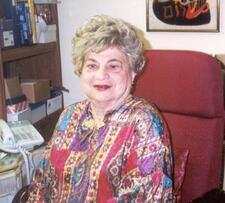
Hanna Weinberg
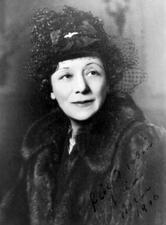
Vera Weizmann
A Zionist and a physician, Vera Weizmann was a founding member of the WIZO. She accompanied and assisted her husband Chaim, the president of the Zionist Federation of Britain and first president of Israel, as he negotiated the founding of a Jewish state.
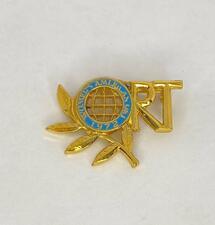
Women's American ORT
Five years after the American chapter of the Organization for Rehabilitation through Training (ORT) was founded in 1922, a women’s auxiliary group (WAO) was created. WAO aided displaced Europeans and focused on creating vocational schools across the world. In the later twentieth century, WAO expanded to help create medical services for students and provide recreational facilities, among other programs.
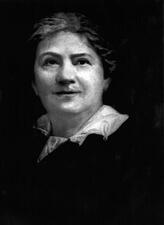
Women's League for Conservative Judaism
Women’s League for Conservative Judaism (WLCJ), founded in 1918, is the national organization of Conservative sisterhoods. Throughout its history WLCJ has foregrounded women’s education and engagement in order to enrich the spiritual and religious lives of Conservative/Masorti women and to empower them as leaders in their homes, synagogues, and communities.
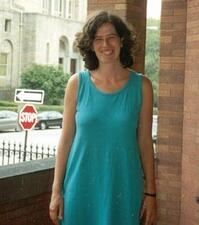
Rebecca Yenawine

Rebecca Young

Dorothy Miller Zellner



